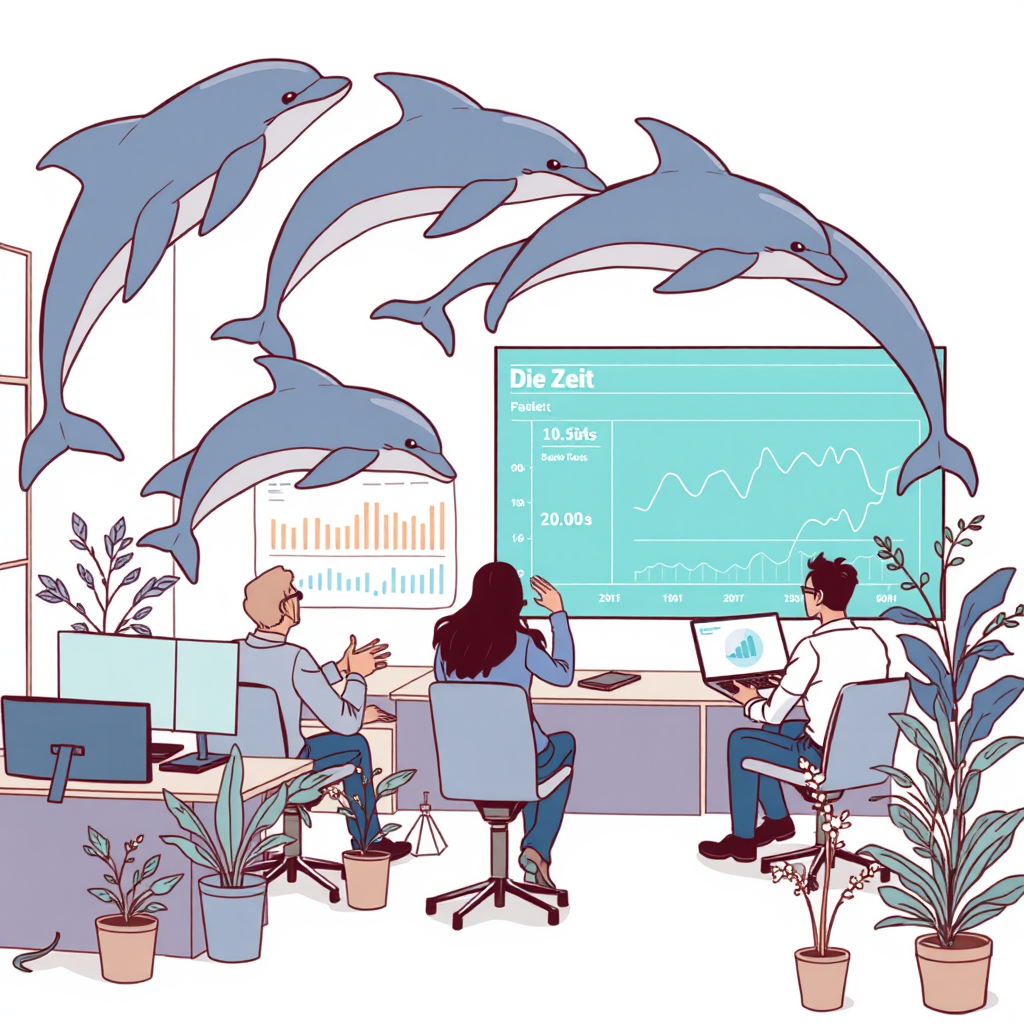Die Zeit’s Success: Dolphin Culture and Reinvention

German news publisher Die Zeit has undergone a remarkable transformation over the past quarter-century, fueled by a unique corporate culture and a relentless focus on innovation. CEO Dr. Rainer Esser, speaking at the World News Media Congress, attributes much of this success to what he calls a “dolphin culture” – a playful, curious, and collaborative environment where teamwork and even a sense of humor are highly valued.
The turnaround began in 1996 when the Holtzbrinck Publishing Group acquired a struggling Die Zeit, plagued by declining circulation, disengaged editors, and a non-existent sales organization. Esser took the helm in 1999, recognizing the immense potential for growth. Since then, revenues have soared from €74 million to €311 million in 2025, a testament to the effectiveness of the publisher’s strategic principles.
Esser outlined five core tenets driving Die Zeit’s success. First, a commitment to constant innovation, summarized by the mantra “Innovate and grow – or die.” He emphasized the importance of positive communication during periods of change, contrasting a demoralizing cost-cutting message with an inspiring vision of growth and new product launches.
Second, Die Zeit fosters close collaboration between its editorial and commercial teams, breaking down the traditional “Chinese wall” that often exists in media companies. Mixed teams are utilized when developing new products, ensuring shared success. Third, the publisher prioritizes organic growth through investment in its newsroom, expanding from 100 to 600 editorial staff and diversifying coverage into areas like psychology, family finance, and data journalism. This investment has translated into a record circulation of 636,000 and a growing digital subscription base, currently at 60% of total subscriptions.
A fourth principle is embracing failure as a learning opportunity. Rather than punishing mistakes, Die Zeit encourages experimentation and views setbacks as stepping stones to success. Finally, the publisher invests in and empowers its talent, attracting ambitious team players and providing them with opportunities for growth and responsibility.
These principles have been particularly beneficial in the realm of podcasting. Starting in 2015, Die Zeit encouraged collaboration between editorial and commercial teams, resulting in a formidable podcasting operation with 27 podcasts generating 20 million downloads monthly. The publisher was also a pioneer in podcast subscriptions, seeking to monetize its growing reach.
Die Zeit’s product portfolio now extends beyond traditional print and digital offerings to include verticals focused on gaming, podcasts, and cooking, alongside 19 magazines and 130 events. This ecosystem is built on trust and quality, laying the foundation for future growth.
Currently, Die Zeit aims to increase its subscriptions to 1.2 million in the coming years, with a particular focus on attracting younger audiences. The publisher is leveraging platforms like TikTok, with 12 dedicated staff creating short-form videos that generate approximately 20-30 million views monthly, to funnel users towards its online offerings. Targeted content for university students and favorable subscription rates are also key components of this strategy.
Die Zeit’s story is a compelling example of how a strong corporate culture, coupled with a commitment to innovation and a willingness to embrace change, can revitalize a legacy media organization. The “dolphin culture” isn’t just a catchy metaphor; it represents a genuine commitment to collaboration, curiosity, and a playful approach to problem-solving – qualities that are increasingly essential for success in the rapidly evolving media landscape. It’s a refreshing reminder that even in a data-driven world, human connection and a positive work environment can be powerful drivers of growth.